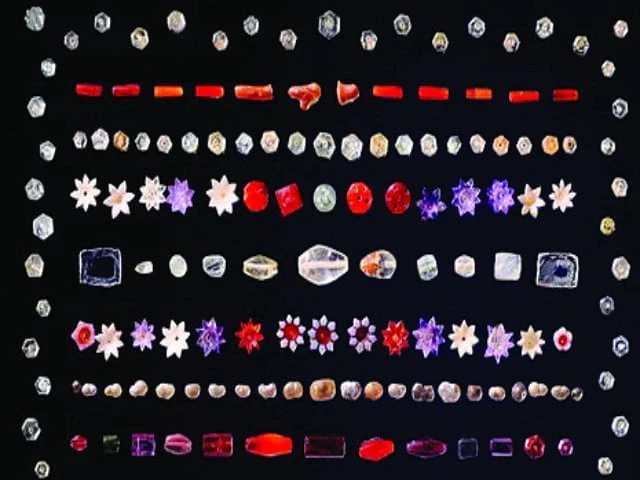Buddha's jewels dubbed sacred, swerve auction
Sotheby's delays sale of Piprahwa gems after criticism

Auction house Sotheby's said on Wednesday that it had postponed the auction of a collection of hundreds of jewels linked to Buddha's corporeal relics after India's government threatened legal action and demanded the jewels be returned, reported Reuters.
The sale of the collection, known as the Piprahwa Gems of the Historical Buddha Mauryan Empire, Ashokan Era, circa 240-200 BCE, has drawn criticism from Buddhist academics and monastic leaders.
India's government said in a May 5 letter to the auction house that the relics constituted "inalienable religious and cultural heritage of India and the global Buddhist community. Their sale violates Indian and international laws, as well as United Nations conventions."
The auction was due to take place on Wednesday morning at Sotheby's headquarters in the Asian financial hub. Sotheby's said in an emailed statement that in light of the matters raised by India's government "and with the agreement of the consignors, the auction ... has been postponed. This will allow for discussions between the parties, and we look forward to sharing any updates as appropriate."
Notice of the gems sale had been removed from its auction house on Wednesday and the website page promoting the auction was no longer available.
Sotheby's had said in February that the 1898 discovery of the relics at Piprahwa in northern India ranked "among the most extraordinary archaeological discoveries of all time".
India said that the proposed auction "offends the sentiments of over 500 million Buddhists worldwide," adding that the sale violated core Buddhist ethics and disrupted "sacred tradition."
Earlier, as reported by the BBC, historians, Buddhist leaders, and scholars, all of whom questioned the ethics of commodifying sacred relics.
"Are the relics of the Buddha a commodity that can be treated like art?" asked Naman Ahuja, an art historian based in Delhi. "If the seller is a custodian, then custodianship implies responsibility, not ownership."
Critics also argued that had the sale gone through, it would have been part of a larger colonial legacy. "This auction continues the violence of extraction," said Ashley Thompson of SOAS and curator Conan Cheong. "It reduces consecrated relics to collectibles, ignoring their sacred meaning to millions of Buddhists."
Questions remain over who gets to define what constitutes human remains. Many Buddhist practitioners believe the jewels, found with ashes and bone, are themselves part of the sanctified relics. As Ahuja noted, "These jewels are not just artifacts. They carry the weight of spiritual heritage and colonial history. Governments must act."




















COMMENTS (1)
Comments are moderated and generally will be posted if they are on-topic and not abusive.
For more information, please see our Comments FAQ